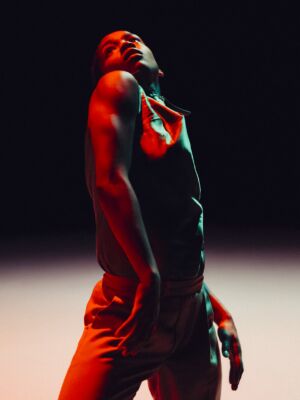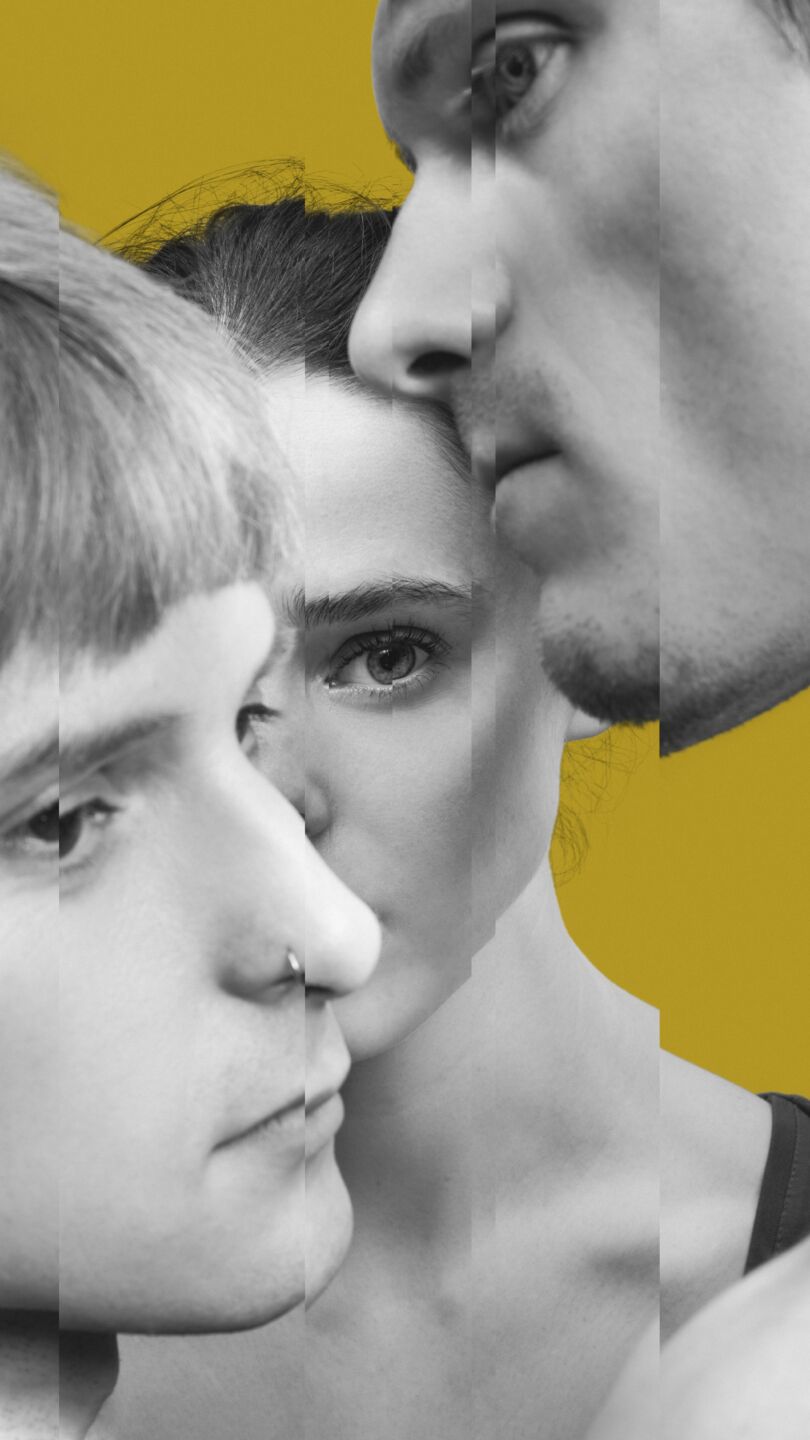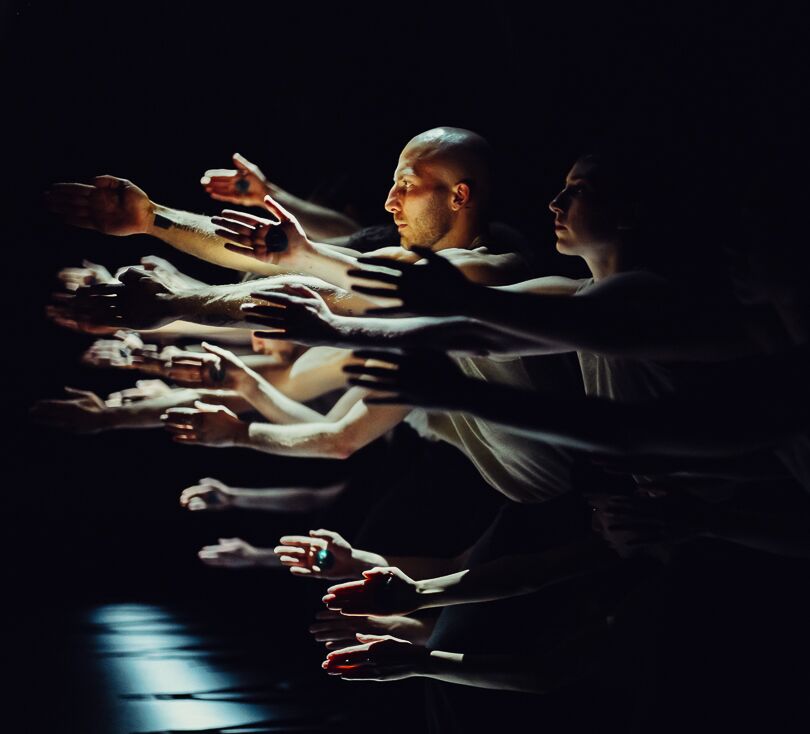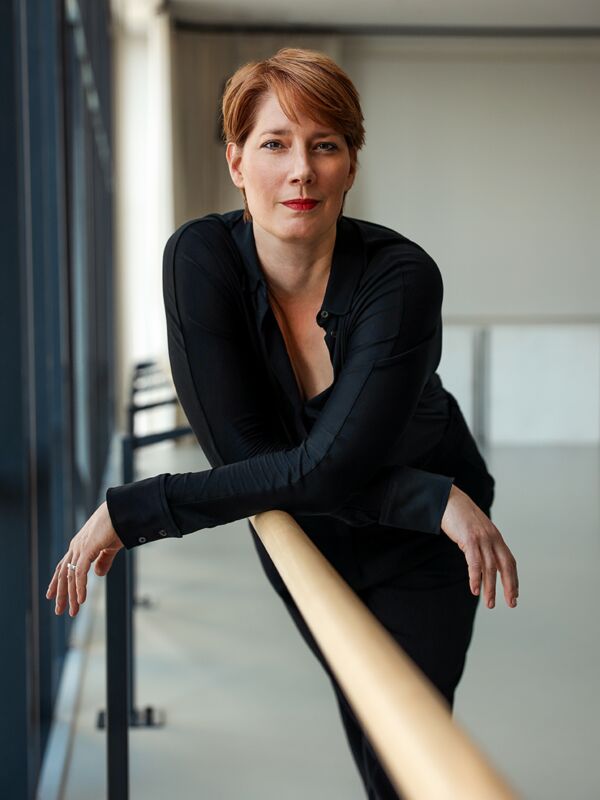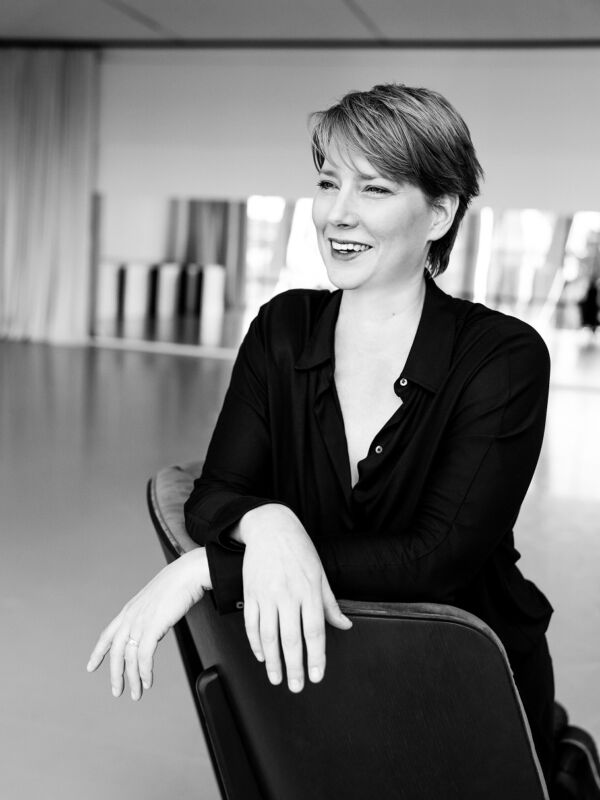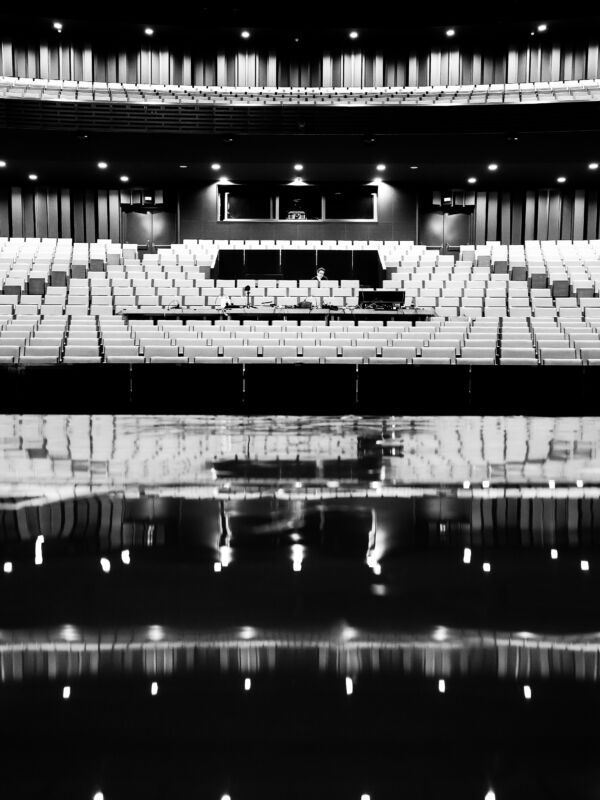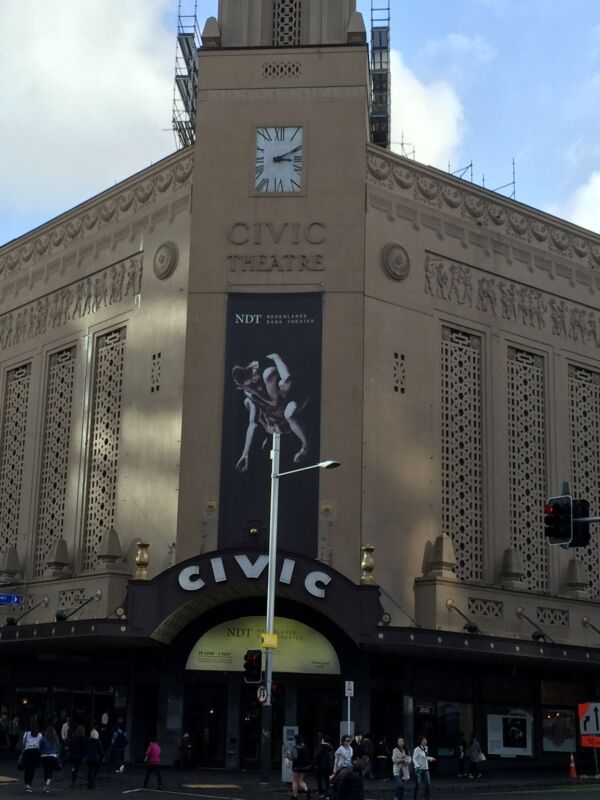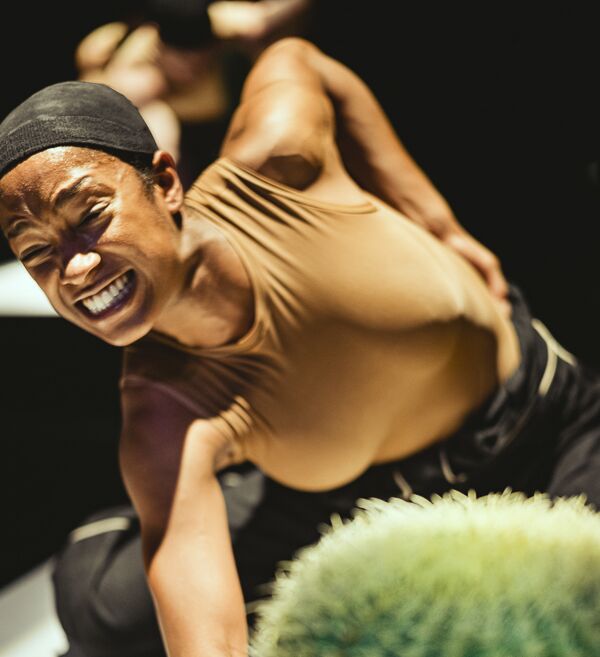“An innovative process is about collaborating with others with diverse perspectives in an ecology of discovery and learning. I find inspiration everywhere. Keeping your mind flexible, looking at an idea from different angles, experimentation, disrupting something and allowing play into the process, that’s the basis of innovation. With NDT, I see us not as a house of production, but as a house of creation. When I started with the company, we had just turned 60 years old. To move forward, I feel it is important to know where you are coming from. I decided to look closely at the company’s legacy. Who were we 60 years ago? What was the spirit of our founders when they started NDT? I kept imagining the feeling of those pioneering years and sensed, that is the energy, the urgency that we need every day in the studio, and in the company at large, even at 60 years old. When I started inviting people to let the process become as important as the result, the counterargument I received was, “Yeah but Emily, we have a certain standard here.”
“It goes without saying,” says Molnar “that excellence is a prerequisite in all that we do but a person striving for excellence needs to be motivated, nurtured and allowed the freedom to try new things. To encourage this means we must be rigorous with our practice, our learning, our openness and with our respect for each other. Change is always difficult, that’s human nature. It takes time to establish a new way of working, it takes trust, commitment and the desire to listen. We are a collective, and every individual at NDT has priority. That was new to some people. Now that we’re a little further along, I can feel and see the change and that is inspiring for the future.”

